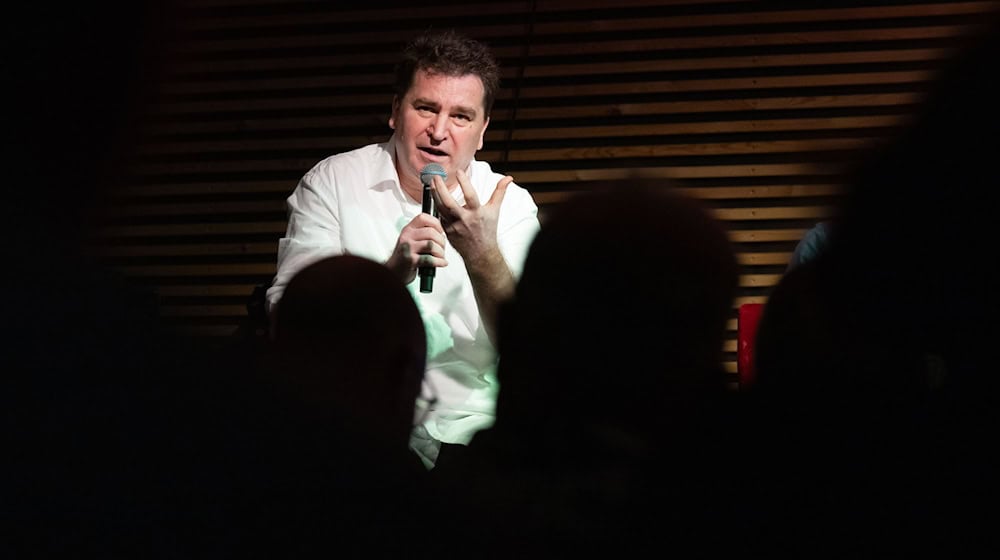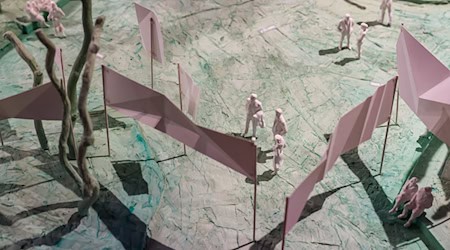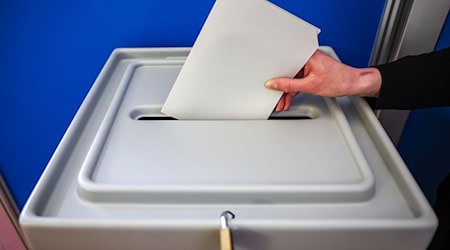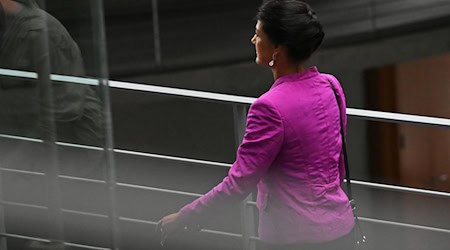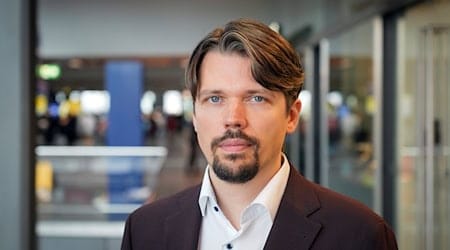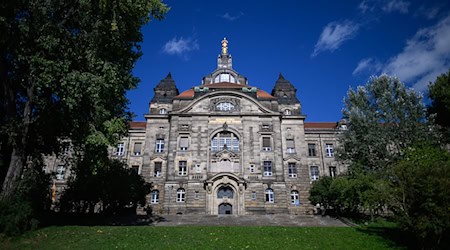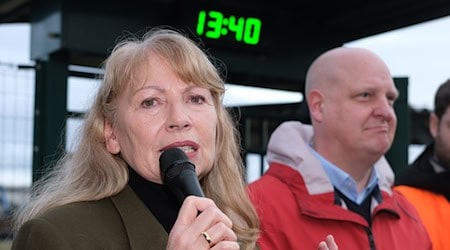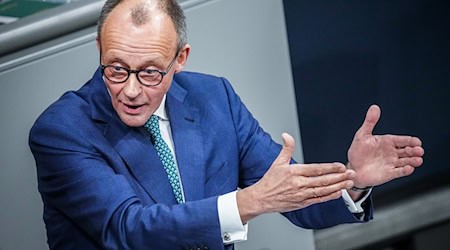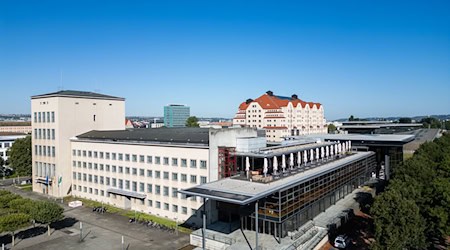In the opinion of historian Ilko-Sascha Kowalczuk, the East-West debate is far too dominated by negative aspects. He said in a panel discussion with sociologist Dirk Oschmann in Chemnitz that the gains made by the East Germans are given far too little attention. The development since reunification was not just a story of loss and decline, but a "story of gain".
Kowalczuk indirectly accused Oschmann of having written a "Wutzeller" with his polemic "The East: a West German invention". The book had an irreconcilable tone, filled a resonance chamber and created a victim narrative. Former Chancellor Helmut Kohl (CDU) had given the East Germans a promise of prosperity that people believed in. People had exaggerated expectations of the state. The East was alienated from democracy.
According to Oschmann, many people in the East experienced democracy and freedom as an "experience of impoverishment" after the fall of communism. In West Germany, on the other hand, freedom was experienced as an enrichment thanks to the Marshall Plan after the Second World War. A collective subject was created in the East as a result of this kind of degradation, and the group of East Germans was damaged. That did something to the people. "The East is continuously devalued."
The discussion was primarily about the discrepancy between perceived and actual freedom of opinion. Both panellists were first asked whether freedom of opinion really existed in Germany. Oschmann saw freedom of opinion as a "formal-legal" given. With the "politicization" and "moralization" of language in everyday life, the impression arises that you can no longer say anything.
"We live in one of the freest countries in the world," said Kowalczuk. Many people don't realize this in petty debates. Freedom of expression includes the desire and willingness to argue with one another. Sahra Wagenknecht sits on almost every talk show, but claims that she cannot express her opinion. AfD and the Sahra Wagenknecht Alliance (BSW) promise people an authoritarian state, which goes down well in the East. People are looking for a stopping point in times of uncertainty and would therefore glorify the past.
The series of events entitled "You're still allowed to say that - freedom of opinion and democracy" is being organized by the authors' association Pen Berlin and will take place in 37 editions in Saxony, Thuringia and Brandenburg. 118 authors, journalists and artists have been invited - from Pinar Atalay to Juli Zeh. A new state parliament will be elected in Saxony and Thuringia on September 1 and in Brandenburg on September 22.
Copyright 2024, dpa (www.dpa.de). All rights reserved

